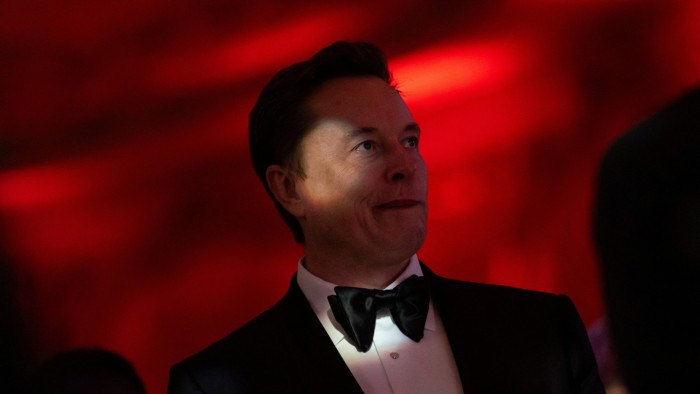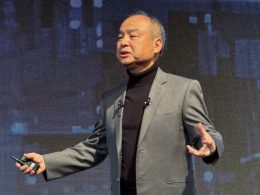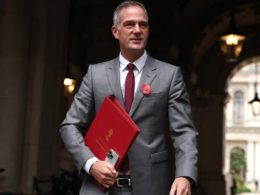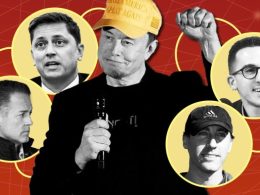Unlock the White House Watch newsletter for free
Your guide to what the 2024 US election means for Washington and the world
Elon Musk likes to flex his sense of humour. The Tesla boss’s new US government leanness committee, greenlit by president-elect Donald Trump, shares an acronym with a novelty shiba inu-themed cryptocurrency. But the Department of Government Efficiency (Doge) might end up answering serious questions. Among them, whether it is possible to cut and grow at the same time.
Companies generally prioritise one or the other. Leaders tend to focus on expanding revenue when times are good or boosting margins when growth is scarce. Software company backers talk about the “rule of 40” to describe their search for businesses where revenue growth and ebitda margin add up to 40 — the implication being that more of one tends to mean less of the other.
Across the US industrial landscape, companies have gone from growth mode to cost-cutting, depending on their prospects. Nike and Walt Disney are among those who have trimmed the fat. At chipmaker Intel and aerospace titan Boeing, sales growth has cratered, so both are slashing their workforces by double-digit percentages in an attempt to protect profit.
Some Silicon Valley bosses have taken a different approach. Facebook owner Meta Platforms made 2023 its “year of efficiency” as boss Mark Zuckerberg cut jobs and slack, even as revenue kept climbing. Google parent Alphabet has also been “durably re-engineering” its cost base, something new finance boss Anat Ashkenazi wants to push a little further.
Musk’s own empire suggests growth and parsimony can go together too. Tesla last month achieved its lowest cost per vehicle so far, after an earlier restructuring. Those cuts may lead to more revenue: If Trump goes ahead with a proposal to end subsidies for buyers of electric cars, it will disproportionately ravage Tesla’s unprofitable peers. Musk has already advocated an end to subsidies in “all industries”.
A case can always be made for lopping off dead branches, in business or in bureaucracy. Musk has in the past invited Tesla employees to flag waste and inefficiency directly. Google launched a “simplicity sprint” a couple of years ago in a similar vein. Freeing up resources in one place means they can be spent in another, be it the development of humanoid robots or colonising Mars.
There is a big difference between cutting layers of inefficiency and slicing into muscle. And an economy is not a country. Doge remains a high-stakes experiment with uncertain powers, and it’s not clear whether it will get Musk the efficiency fanatic or Musk the iconoclast. Still, if Trump wants fresh thinking on America’s growth-spending trade-off, the tech billionaire’s world is a good place to look.

Source link









